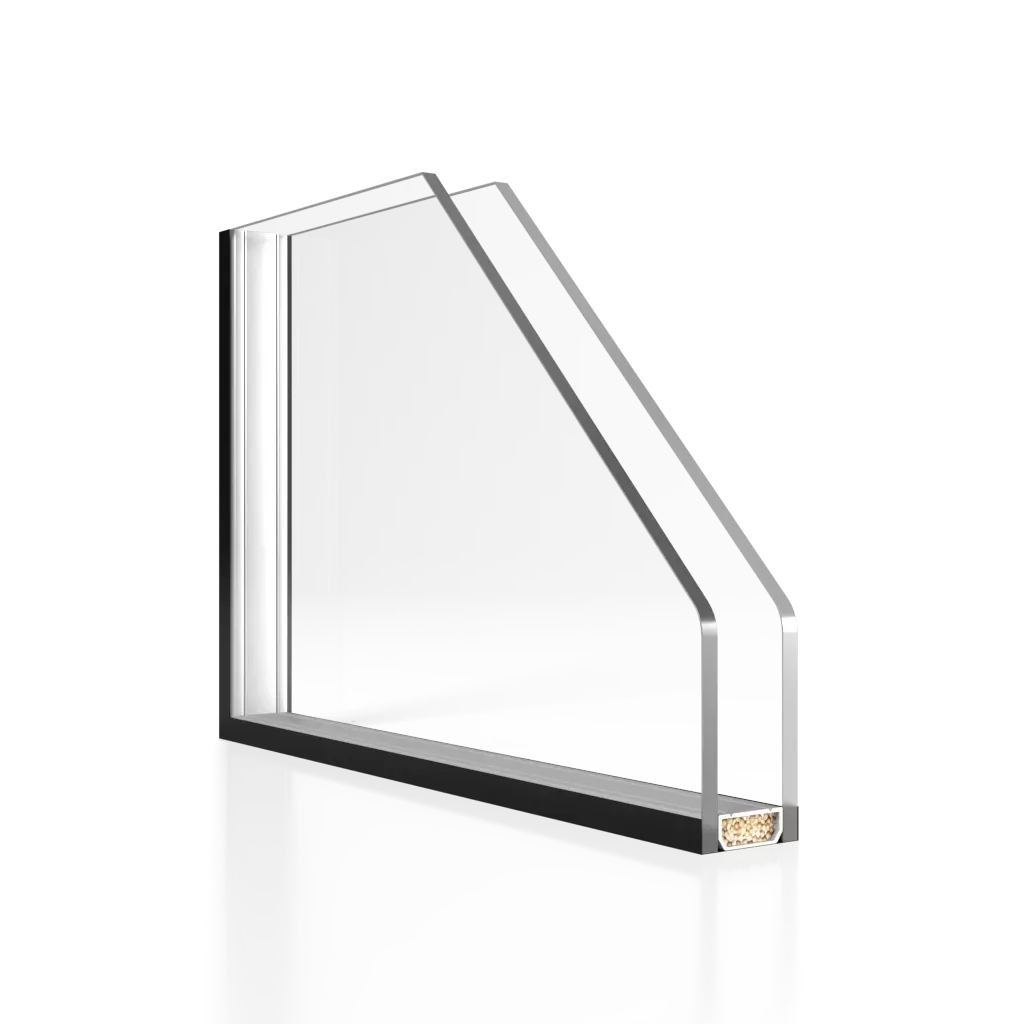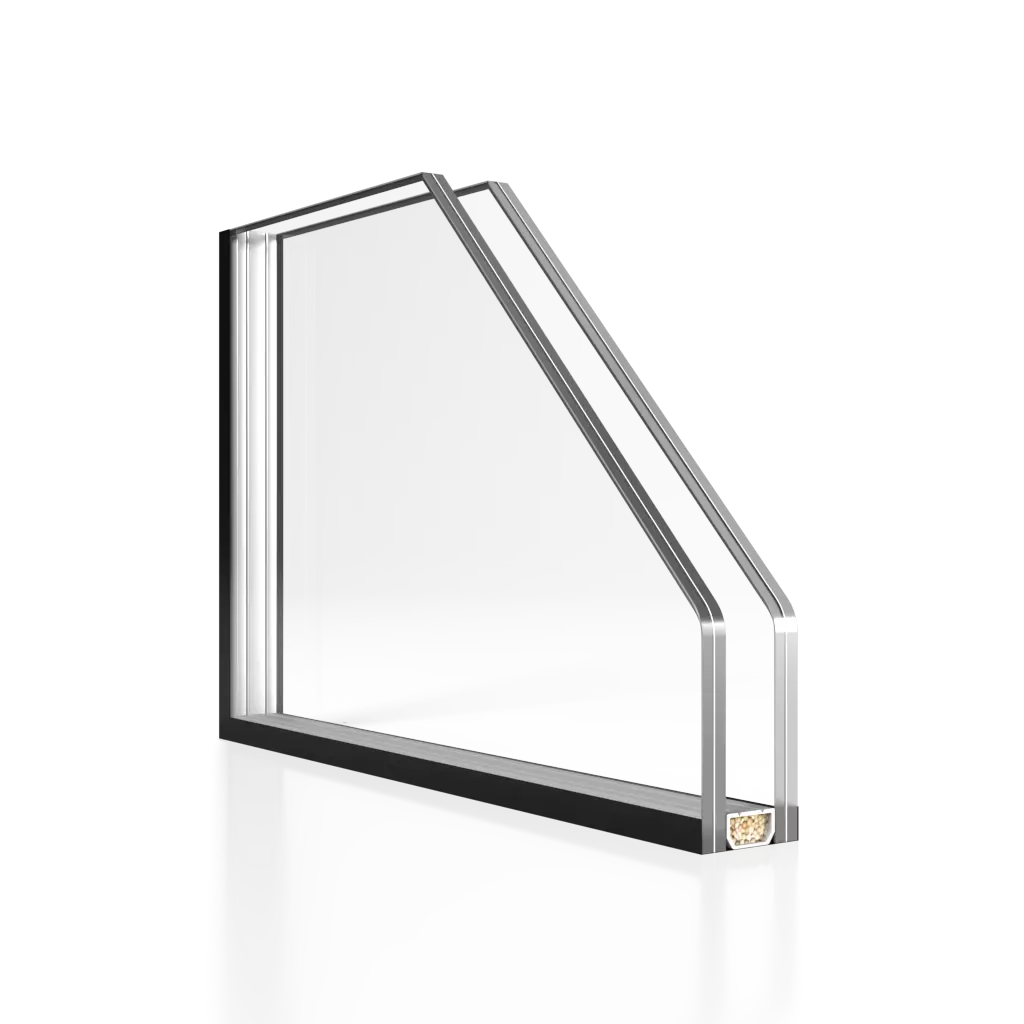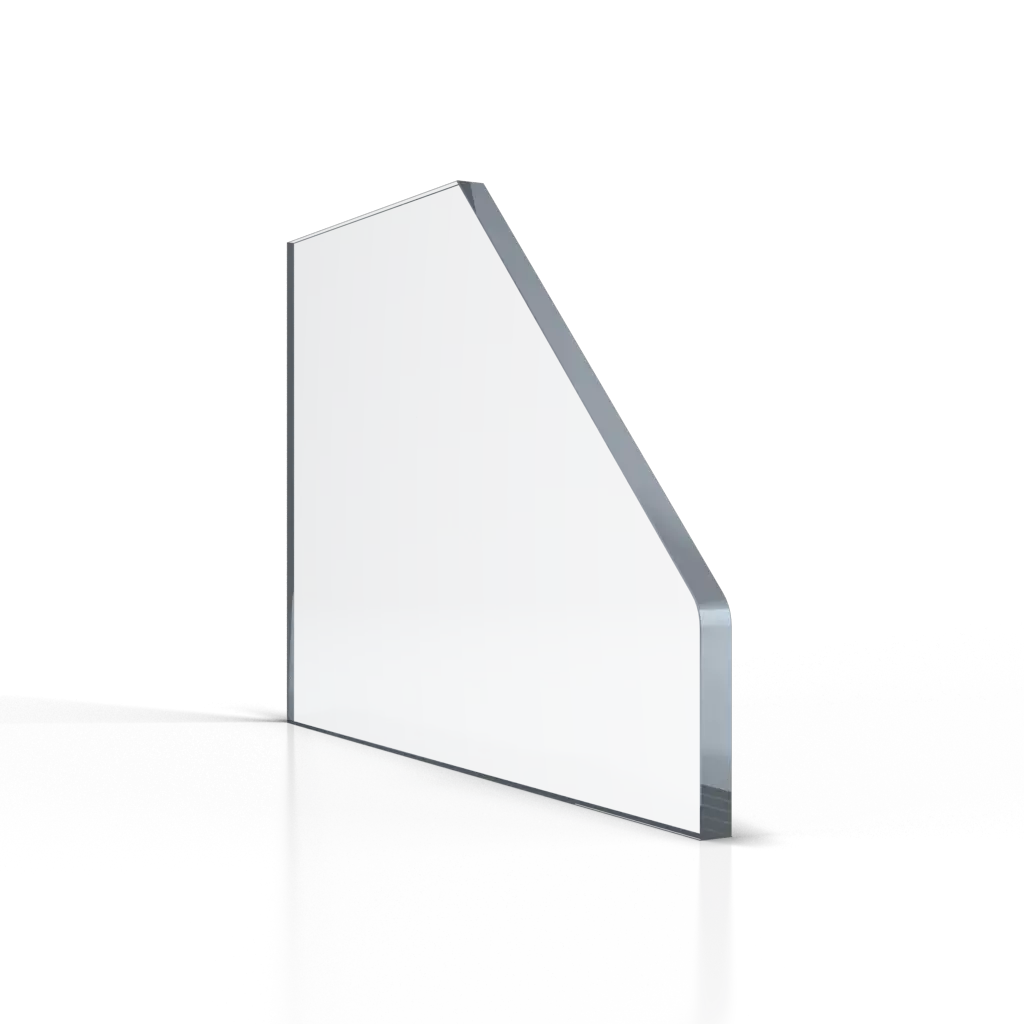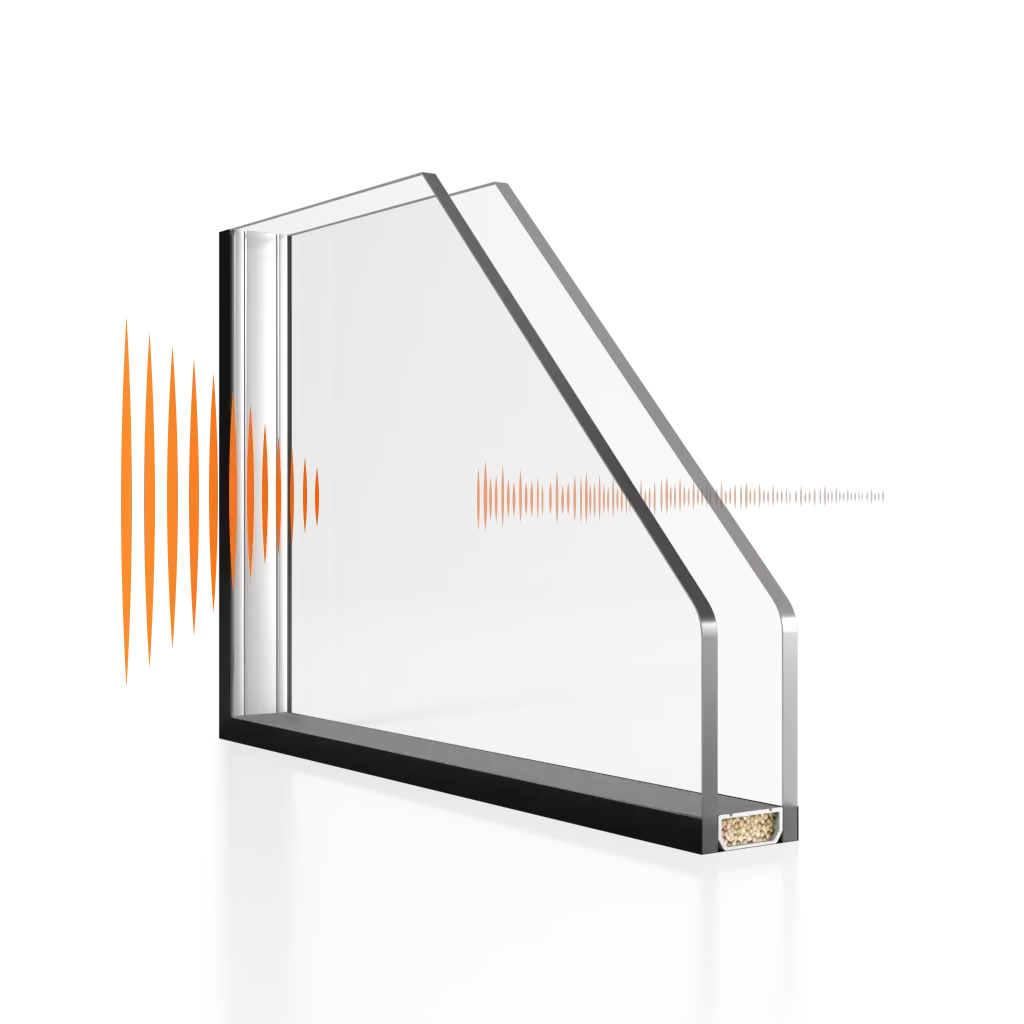What are the soundproofing recommendations for windows?
To improve the soundproofing of windows, here are some recommendations that may help:
Choose windows with a high soundproofing class: When choosing new windows, pay attention to their soundproofing class. Higher class windows have better sound attenuation properties. Check the labels or technical specifications to find out what soundproofing values they offer.
Use double or triple glass : Double or triple glazing is more effective at reducing sound than single glass . The layers of air between the panes act as sound insulators.
Install sturdy and well-fitting frames: Make sure the window frames are sturdy and fit snugly into the openings. Empty spaces between the frame and the opening can allow sound to pass through. Choose frames made of materials with good insulating properties, such as PVC, wood or aluminum.
Use good quality caulking: Sealing around windows plays an important role in preventing sound transmission. Make sure the seals are in good condition and fit properly to ensure a tight seal. Soundproofing gaskets can also be useful for additional sound reduction.
Install additional soundproofing elements: There are various additional elements that can be used to improve the soundproofing of windows. Examples are sound-absorbing tapes that can be placed around the window frame, special sound-absorbing foils that can be mounted on the glass, or decorative sound-absorbing panels that can be placed on walls near windows.
Take care of other sound sources: In addition to improving the soundproofing of windows, it is worth taking care of other sound sources in the rooms. This can be done by installing carpets that absorb sound, and curtains or blinds that can add additional sound insulation.
Consult a professional: If you have particular problems with noise, it may be worth consulting a professional, such as a building acoustician. They can assess the specific conditions in your home and suggest solutions tailored to your needs.
Remember that improving the soundproofing of windows can significantly reduce sound penetration, but it will not always completely eliminate it. It is also important to consider other factors such as sound insulation of walls and floors to provide a total solution for indoor noise reduction.











